2021
-
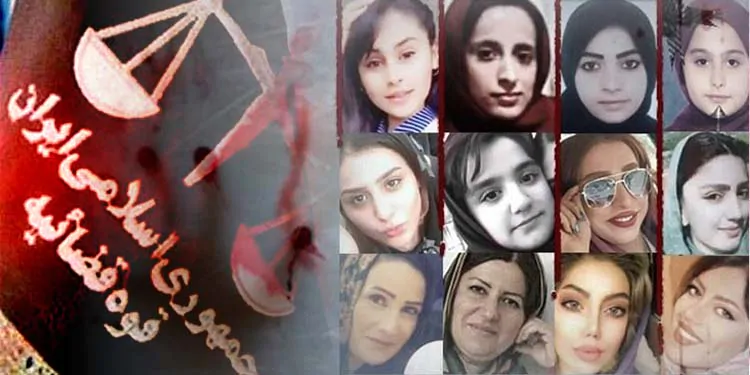
Ignoring “Women’s Life” in the Law
•
Gender-based violence kills women more than any other danger in the world. Iran is one of the countries where femicides, also known as “family homicides” or “honor killings”, account for a high share of official statistics.
-

Gender apartheid in the Middle East
•
While the legal reform of Islamic gender relations is certainly possible and necessary, they will not put an end to the patriarchal regime. From a Marxist-feminist perspective, patriarchy is a social system; it is not a product of misbehavior, misunderstanding, or mis-education, although all of these may be present in…
-
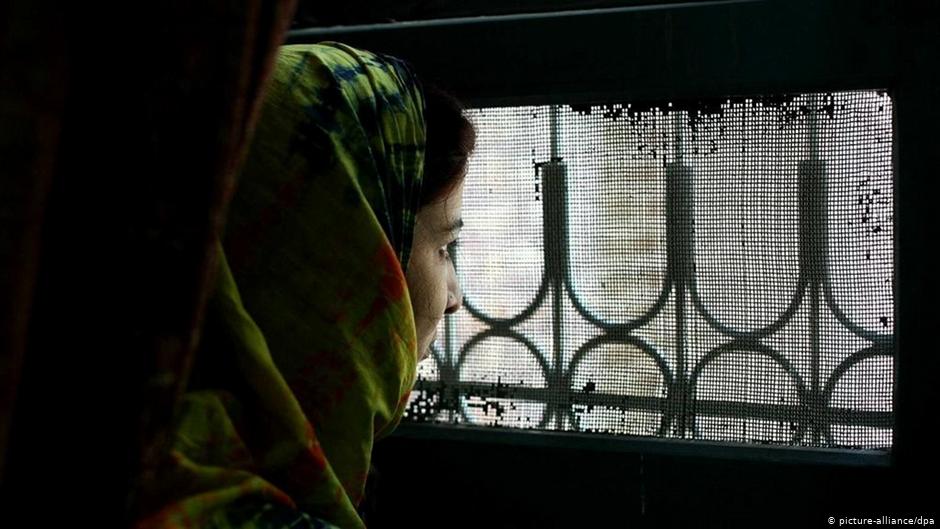
Woman who has always been a victim of honor killings
•
Each year, dozens of women are killed by family members in the name of honor, and the Iranian law can not protect women from violence. No exact statistics exist on the number of murders called “Femicide” or “Honor Killing” in Iran, and any published statistics in this regard are either…
-
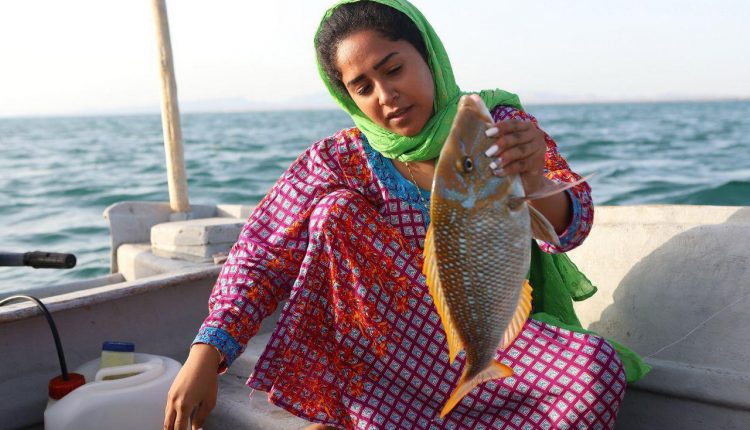
Women shouldn’t work in fishing, they say!
•
People calls her Khajo; Khadijeh Ghodsinejad, 22 years old, born in Hengam. She is a fisher, like many other women of Hengam, an island known as the fisher-woman and the financial responsible of the family. The story of the fisher-women of the island has been covered by the Iranian media…
-
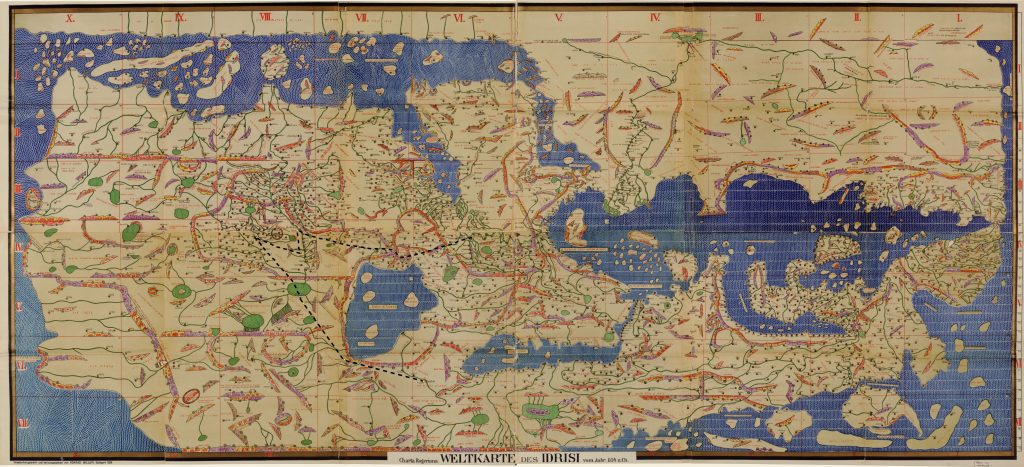
One Map, Two Geographies
•
The Arabic cartographic tradition, which drew upon and transmitted the cartography of Ptolemy, a Greek geographer and astronomer of the second century, projected the spherical world onto a plane, which was then divided into grids. The longitudinal bands were called “climes” and the latitudinal bands, “sections.” The intersection of the…
-
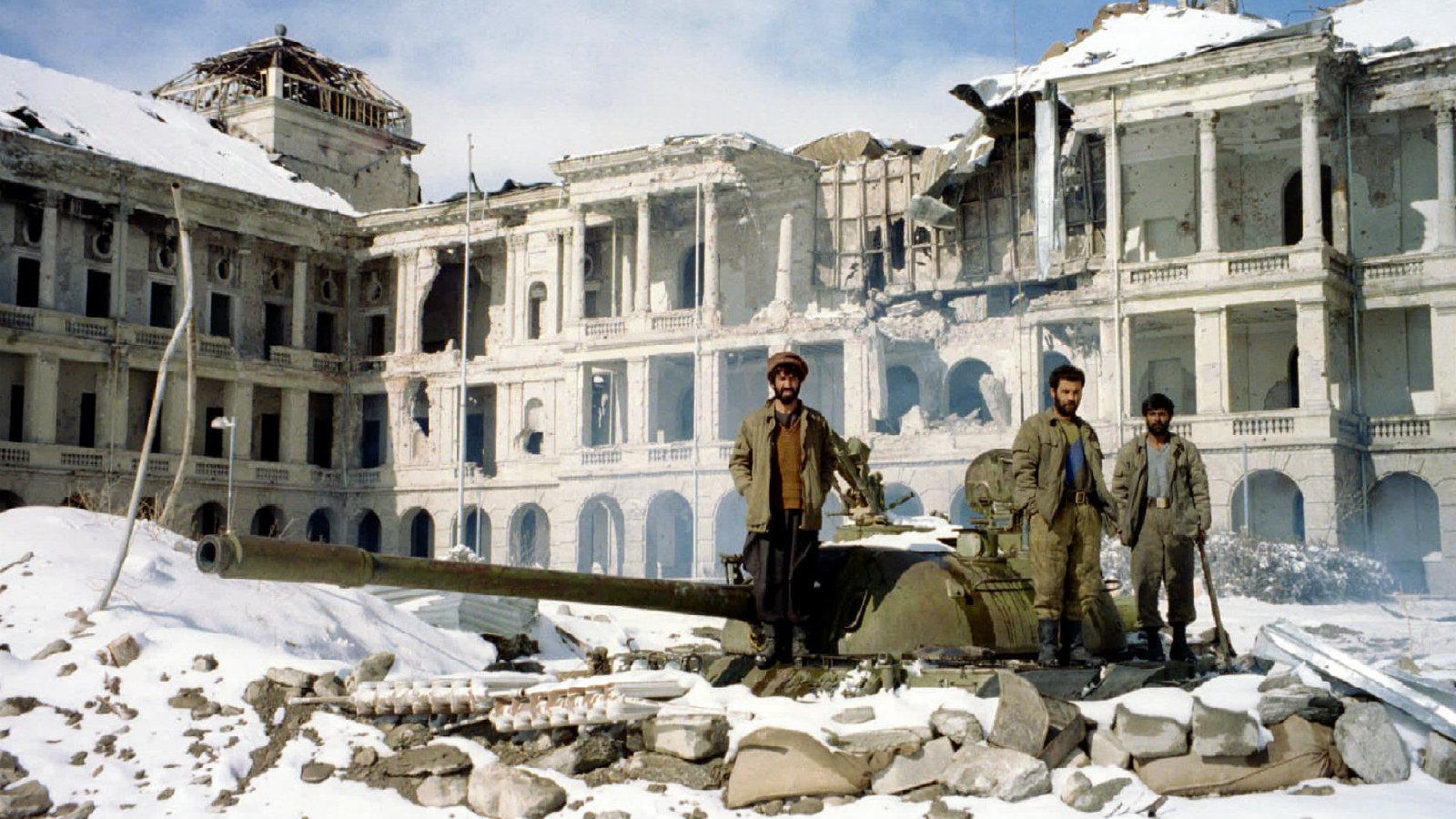
Afghanistan; State-building project in the era of warlords
•
chapter two The previous section examined the history of land reform in Afghanistan. We will examine the situation in the 1990s in this section. Many sources have been used in writing this article, some of them historically significant. One of these sources is a long analytical article published by a…
-
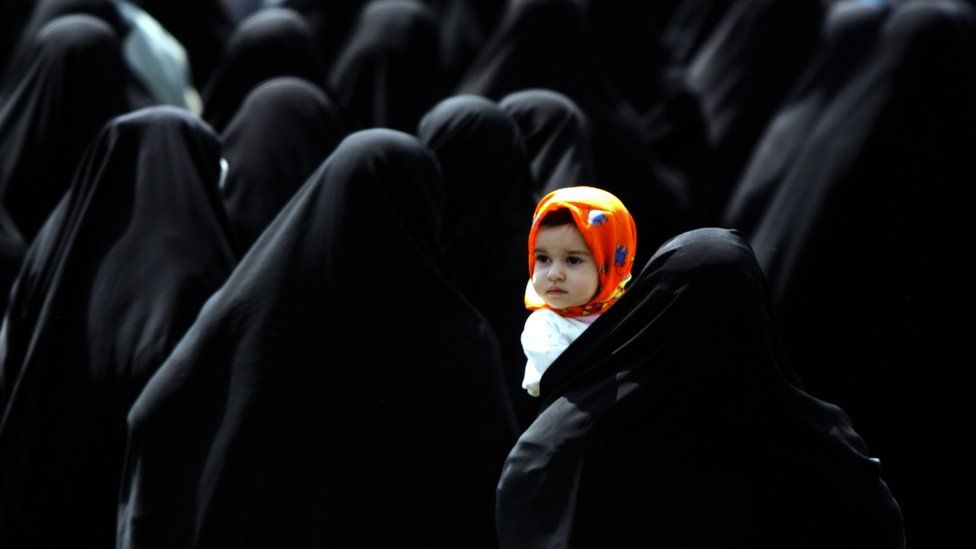
Iran: Islamization of a post-Islamic society
•
Since 1979, the Islamic Republic of Iran has been trying to create an Islamic society. Despite the various changes that were made to establish it, the project failed due to its lack of faith.
-
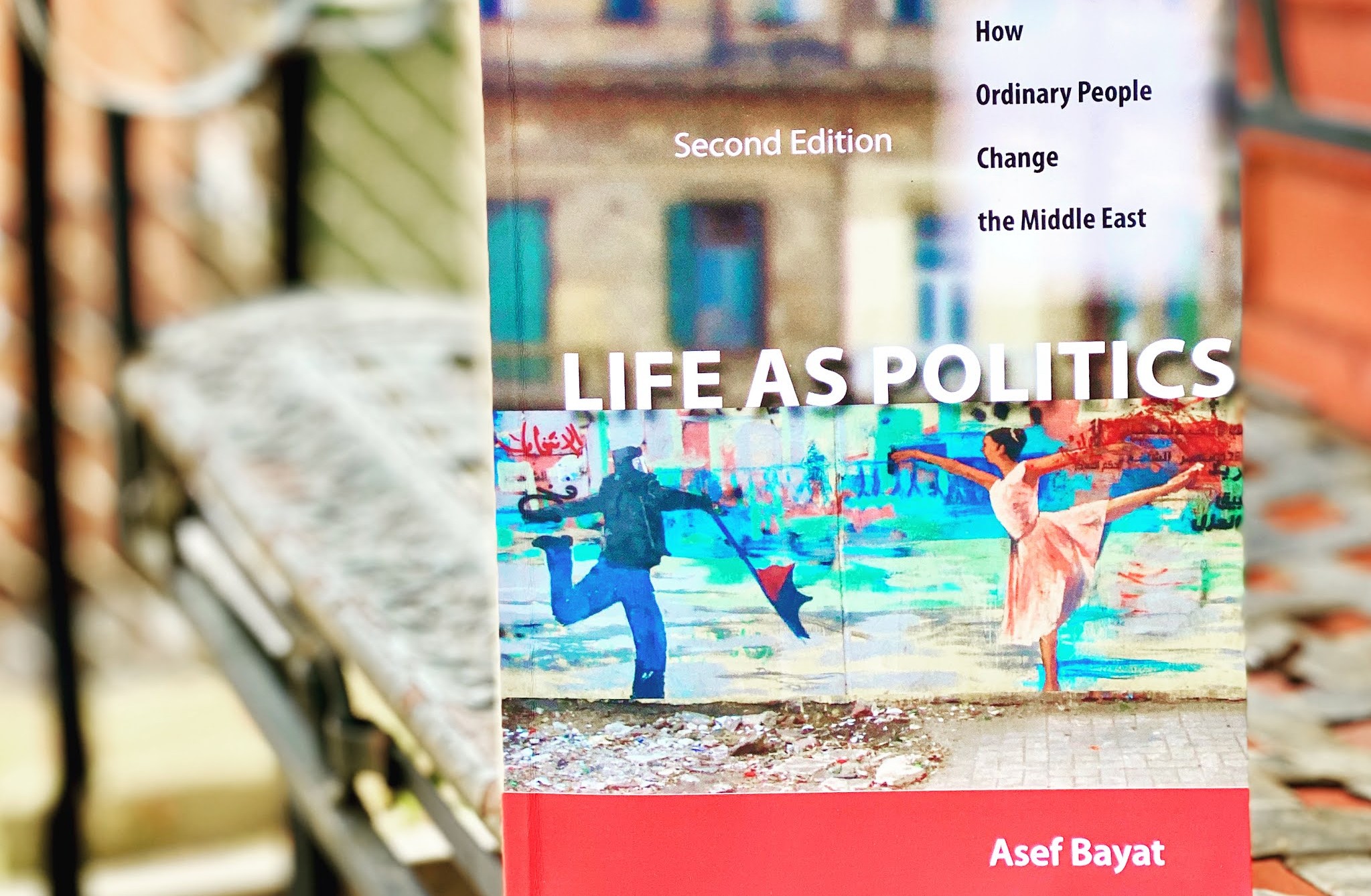
How Ordinary People Change the Middle East?
•
The book contains some of the best and most realistic analyses and insights into Middle Eastern societies that have been shaped by the author’s years of research, observation, experience, and living in the Middle East.
-
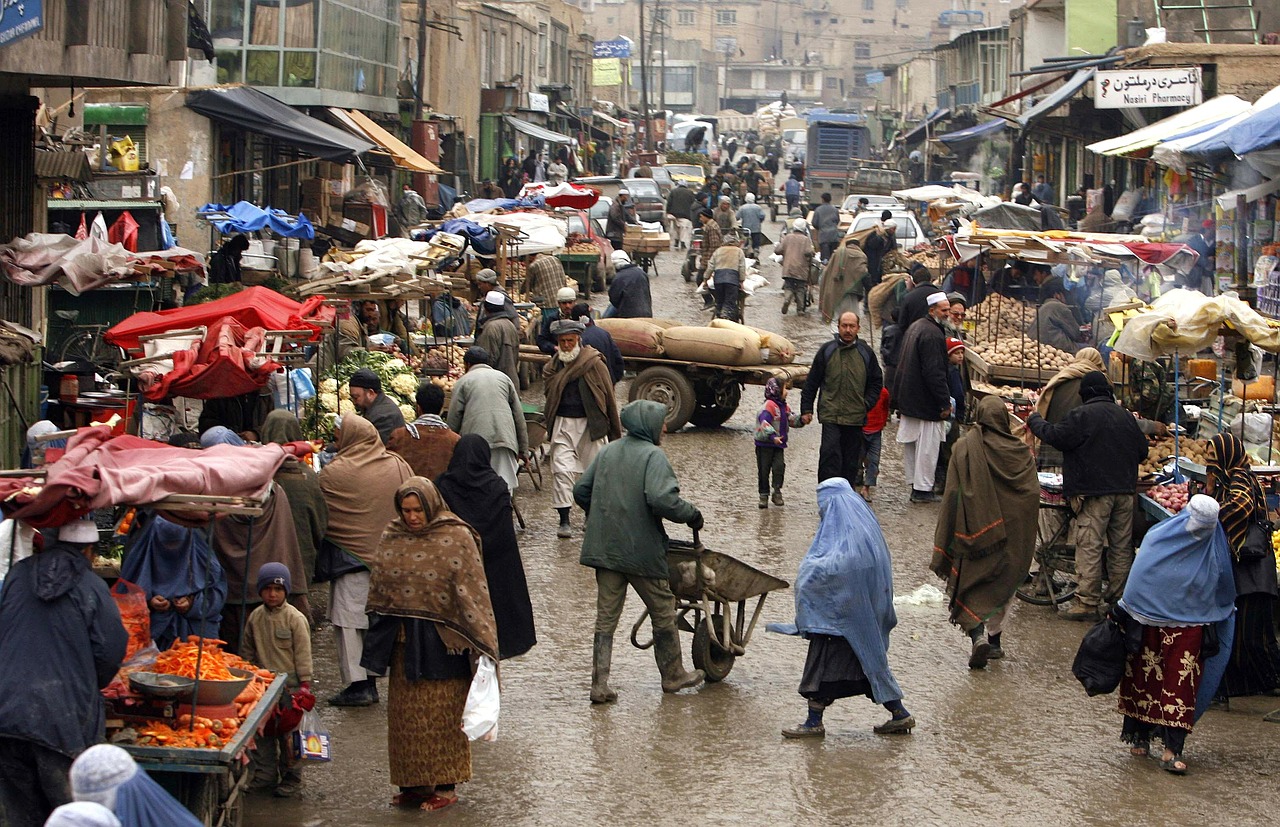
Afghanistan; the land of conflicts
•
chapter one Many sources have been used in writing this article, some of them historically significant. One of these sources is a long analytical article published by a political/labor collective in Iran. Its revolutionary historical and class analysis led me to use it to write this collection of essays. The…
-
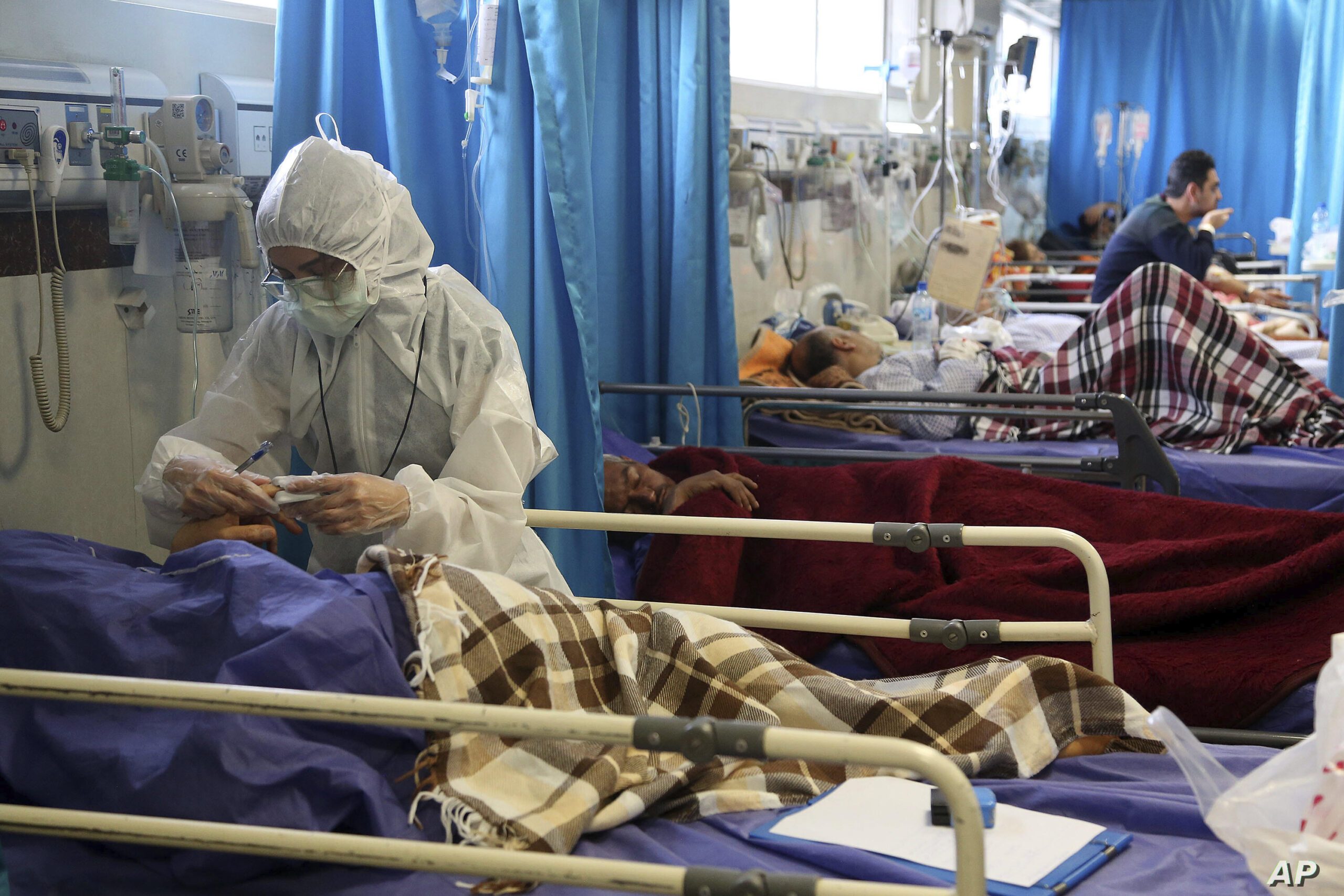
Death wave in Iran
•
After the first emergency vaccination permits for the Corona vaccine were issued worldwide, Iranians started using the hashtag “Buy Vaccine” on social media. However, the speech delivered by the Islamofascism leader, Ali Khamenei, in early January dashed many hopes. In a speech that drew many reactions, he banned the import…
-
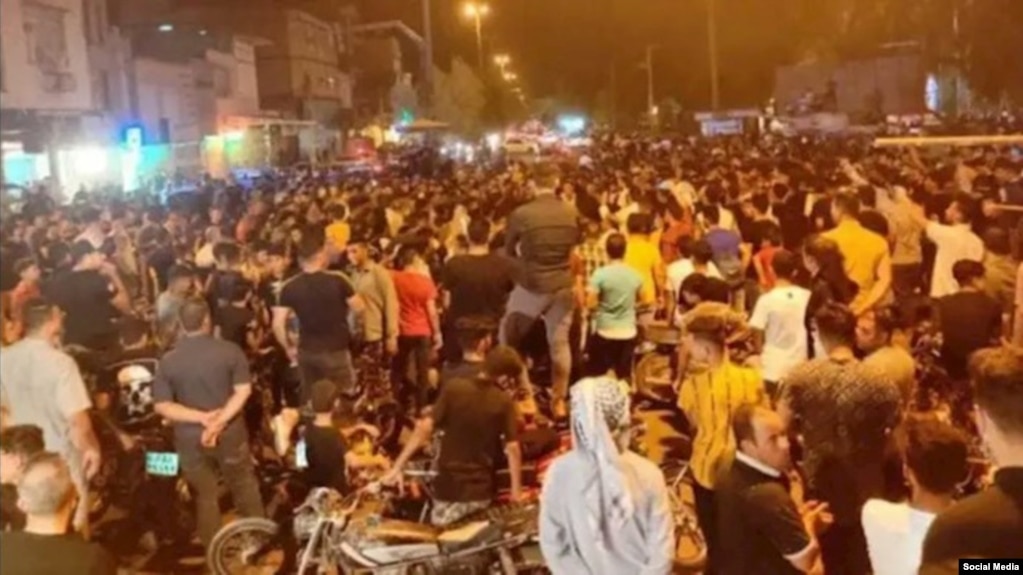
Iran, water crisis and repression
•
There has been a prolonged drought in Iran since the early twentieth century, resulting in the destruction of lakes and wetlands as well as excessive water stress throughout the country. As an example of “human intervention” in water resources, the Iranian drought can be described as a water stress caused…
-
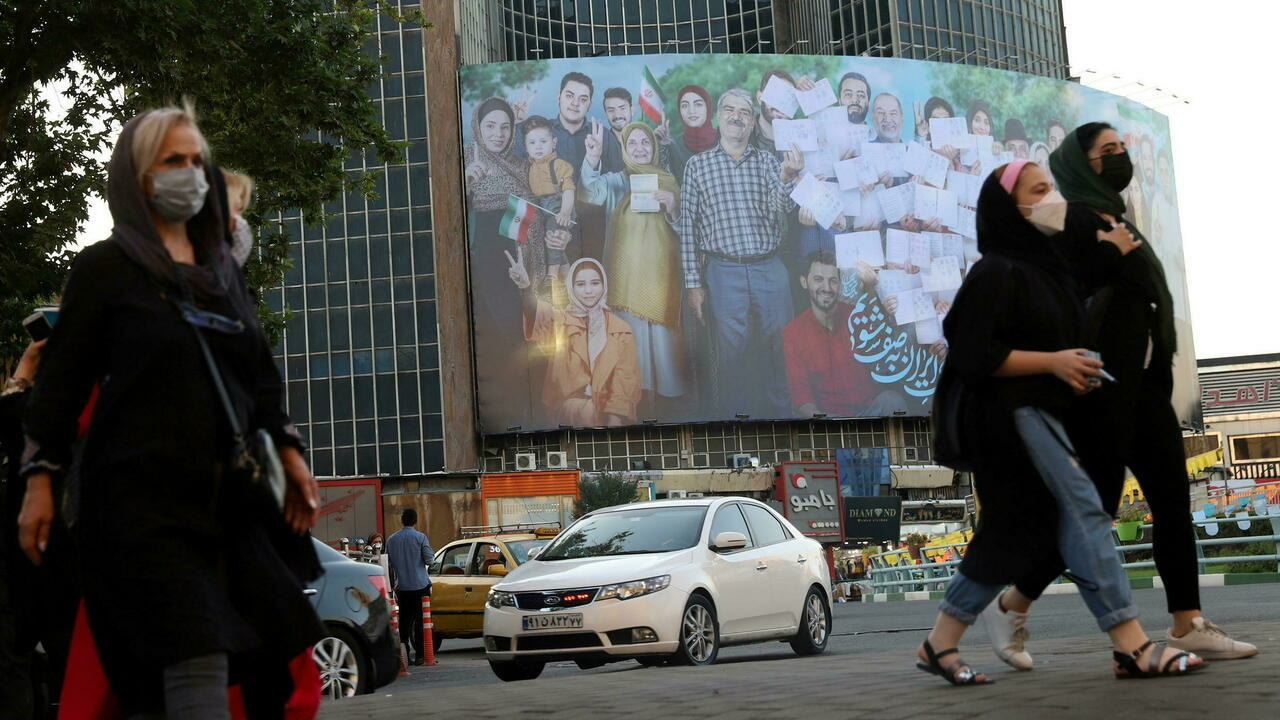
Election in Iran
•
The political landscape in Iran is characterized by a high degree of unpredictability, particularly during presidential elections. It was the first time that the presidential elections in Iran became a serious matter for the public when Mr Khamenei’s unapproved candidate, Mohammad Khatami, won with a surprising 20 million votes in…




